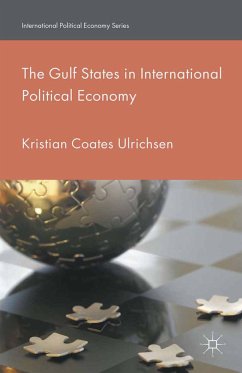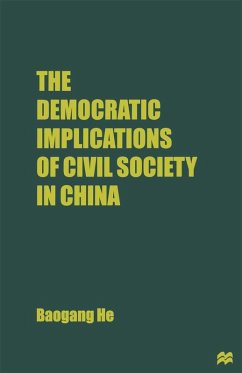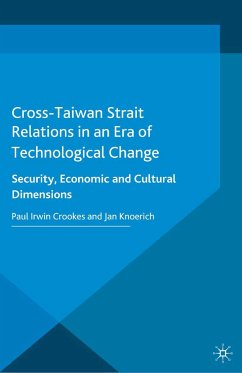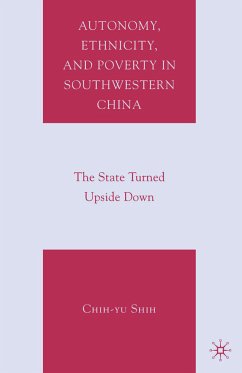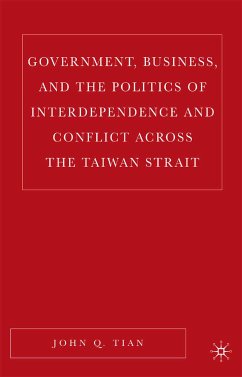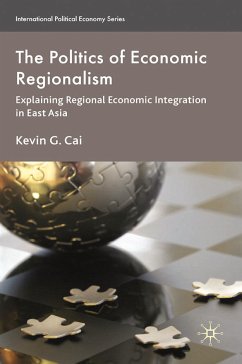
The Politics of Economic Regionalism (eBook, PDF)
Explaining Regional Economic Integration in East Asia
Versandkostenfrei!
Sofort per Download lieferbar
40,95 €
inkl. MwSt.
Weitere Ausgaben:

PAYBACK Punkte
20 °P sammeln!
While major theories of economic regionalism in the existing literature are primarily constructed to explore institutionalized regional integration, European integration in particular, the analytical framework developed in this work explains the unique process and pattern of regional integration in East Asia.
Dieser Download kann aus rechtlichen Gründen nur mit Rechnungsadresse in A, B, BG, CY, CZ, D, DK, EW, E, FIN, F, GR, HR, H, IRL, I, LT, L, LR, M, NL, PL, P, R, S, SLO, SK ausgeliefert werden.




